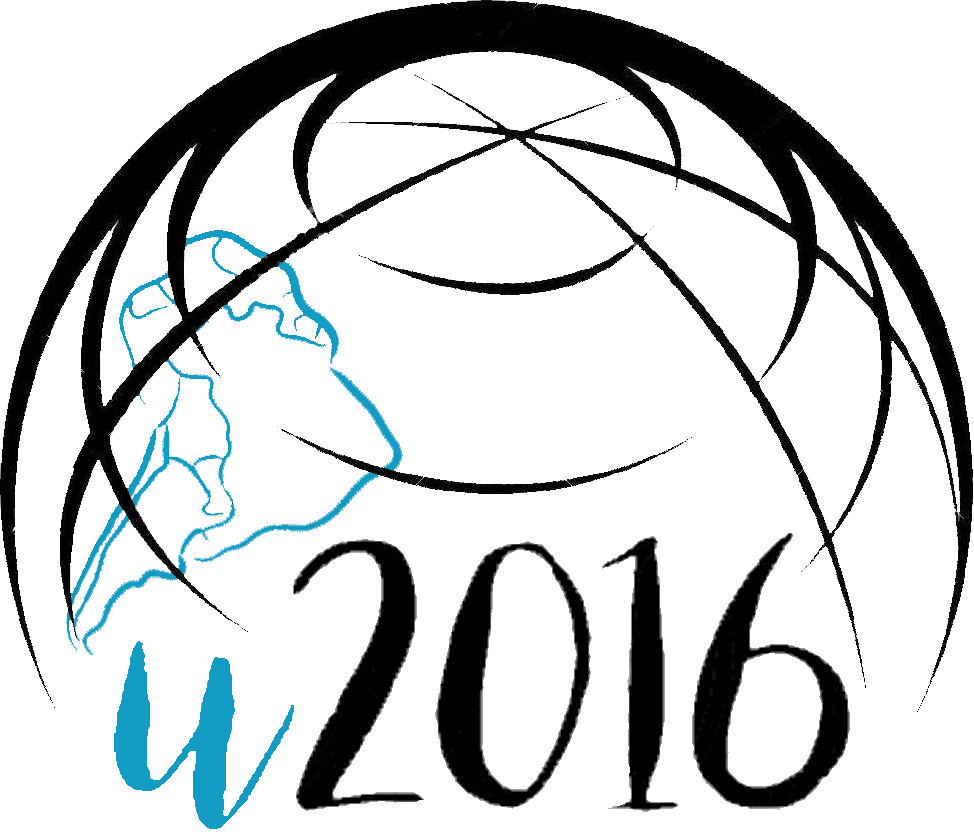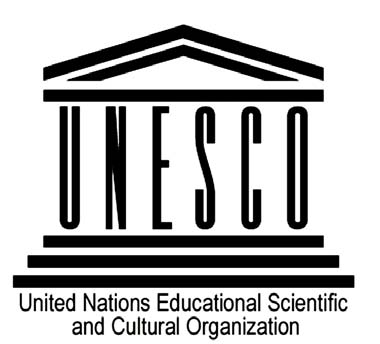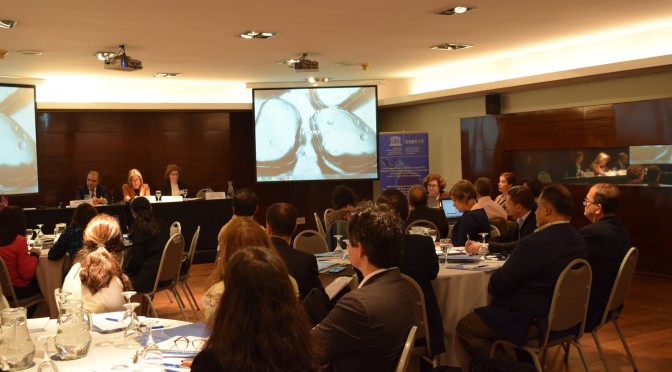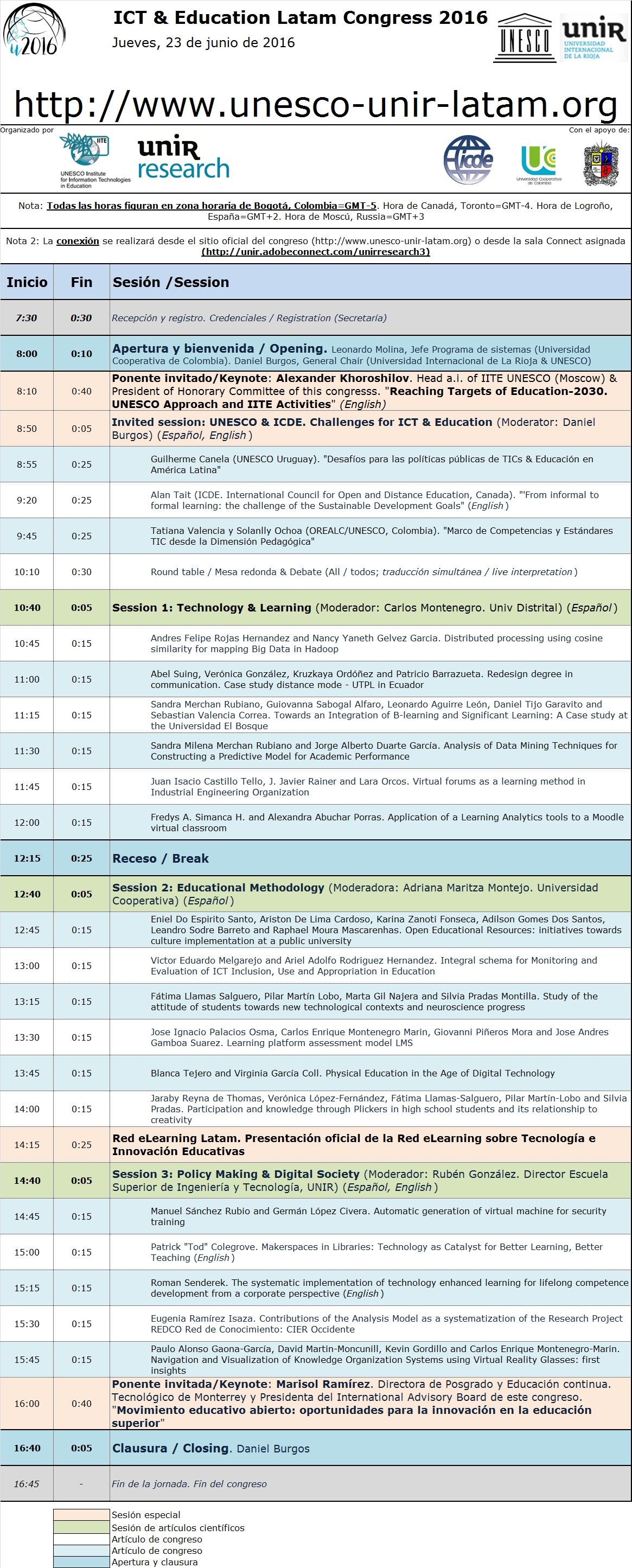One of the main challenges in modern education is to blend formal, official learning, with a huge variety of content provision, group discussion, self-entrepreneurship, user’s own portfolio, and long list of possibilities off-the-classroom. Informal learning happens anytime, anywhere. We strongly believe that formal learning, too. The cornerstone is to find the right balance between both contexts.
The effective integration of Open Educational Resources with formal lessons, or between traditional lectures with live multi-user conferences, or even more between spontaneous forum contributions outside the Learning Management System, and the official activities towards certification, this effective integration will make the difference, the actual change of educational paradigm.
And it would work for every single shareholder of the educational community, from teachers to tutors, from support staff to managers, from content providers to learning designers and, of course, from students to graduates.
This conference will explore, analyse, discuss and, above all, suggest specific actions to take, in order to achieve a full integration of resources, learning styles, educational methodologies, administrative goals, institutional visions, and every single concern of every member of the Higher Education community.
Spanish & English will be the official languages. Bi-directional, live interpretation will be provided.
Tracks
This conference will explore, analyse, discuss and, above all, suggest specific actions to take, in order to achieve a full integration of resources, learning styles, educational methodologies, administrative goals, institutional visions, and every single concern of every member of the Higher Education community. Main tracks and topics are:
Technology & Learning
-Learning analytics & Data Science
-Visual analytics
-Game-based learning & Gamification
-Cybersecurity, eLearning privacy
-Learning Management Systems & ubiquity
-eLearnings standars, specifications, interoperability and systems integration
-eLearning Dashboard, multi-device mobile learning
-Social networks, Learning networks, 24/7 learning
-Connected learning, wearable technology for learning, ubiquity IP
Educational Methodology
-Educational innovation
-Integration of informal & formal learning
-Accreditation & recognition processes
-Open Educational Resources and MOOCs
-Business management of MOOCs
– STEM in Higher Education
-Learning strategies and self-guidance
-Adaptive and personalised learning, for individuals and groups
-Teaching methodologies and lesson plans
-Pattern recognition and social learning
-Assessement, self-assessment, and semi-automatic assessment
Policy Making & Digital Society
-Digital learning and ethics
-Digital anthropology and the learners’ behaviour
-Education in Administration and policies
-Content, self-created content, collaborative content
-IPR, patents, and overall rights to content, media and research




